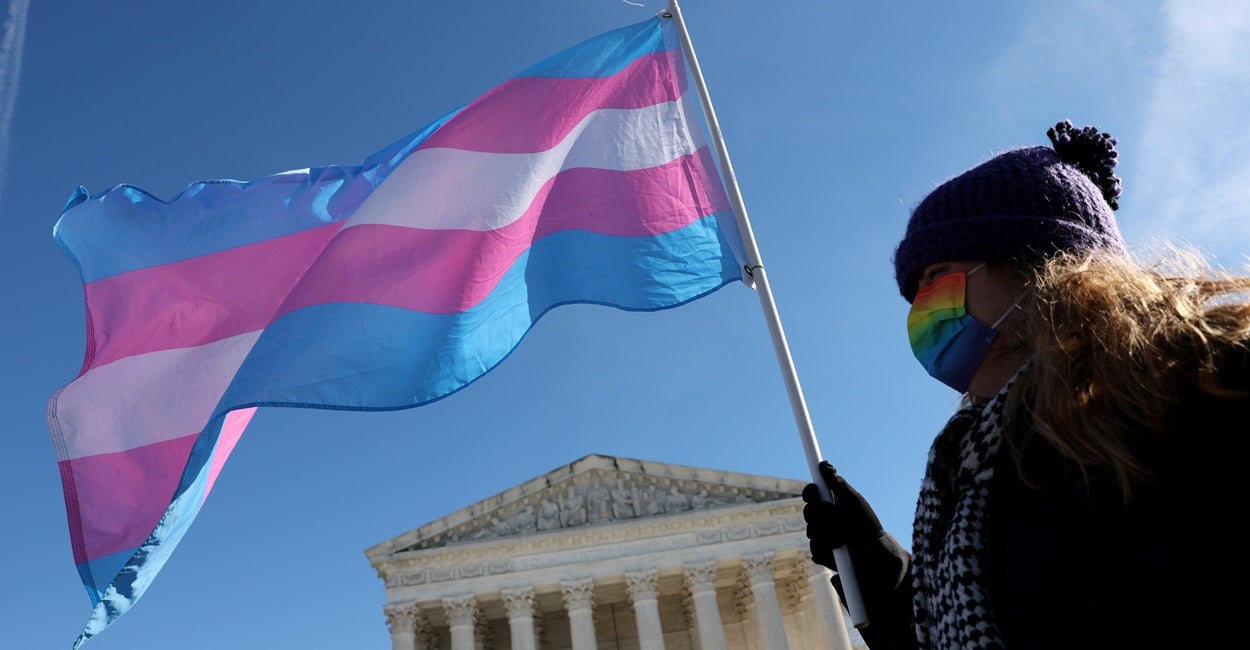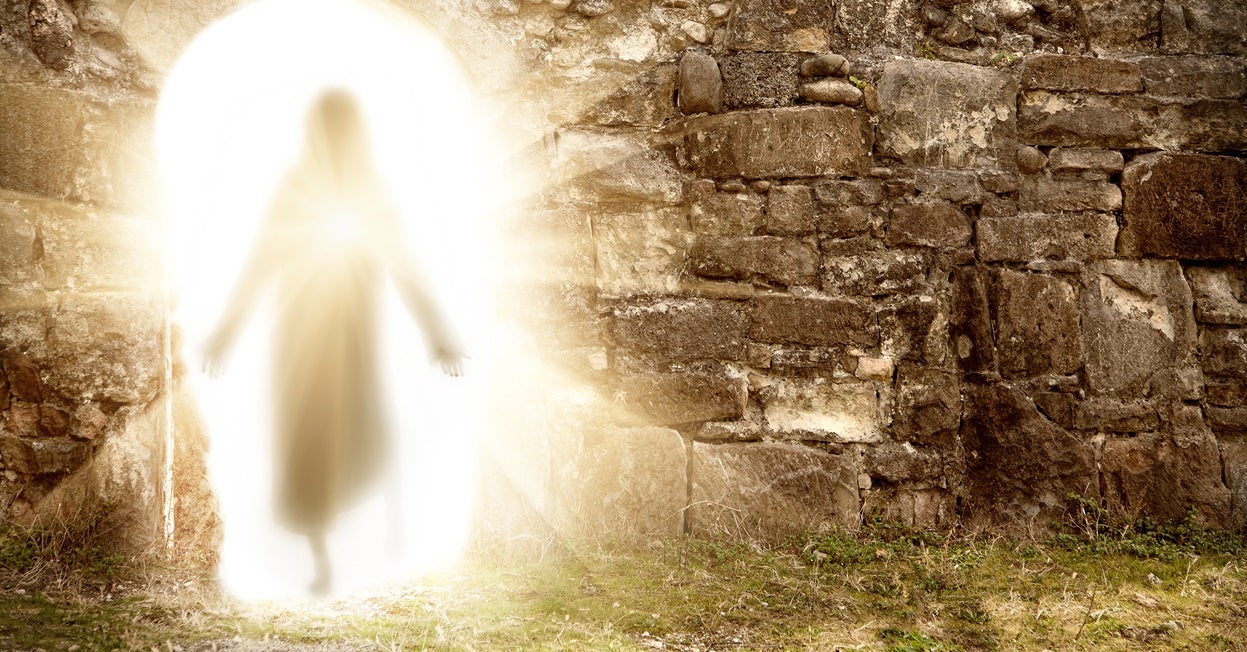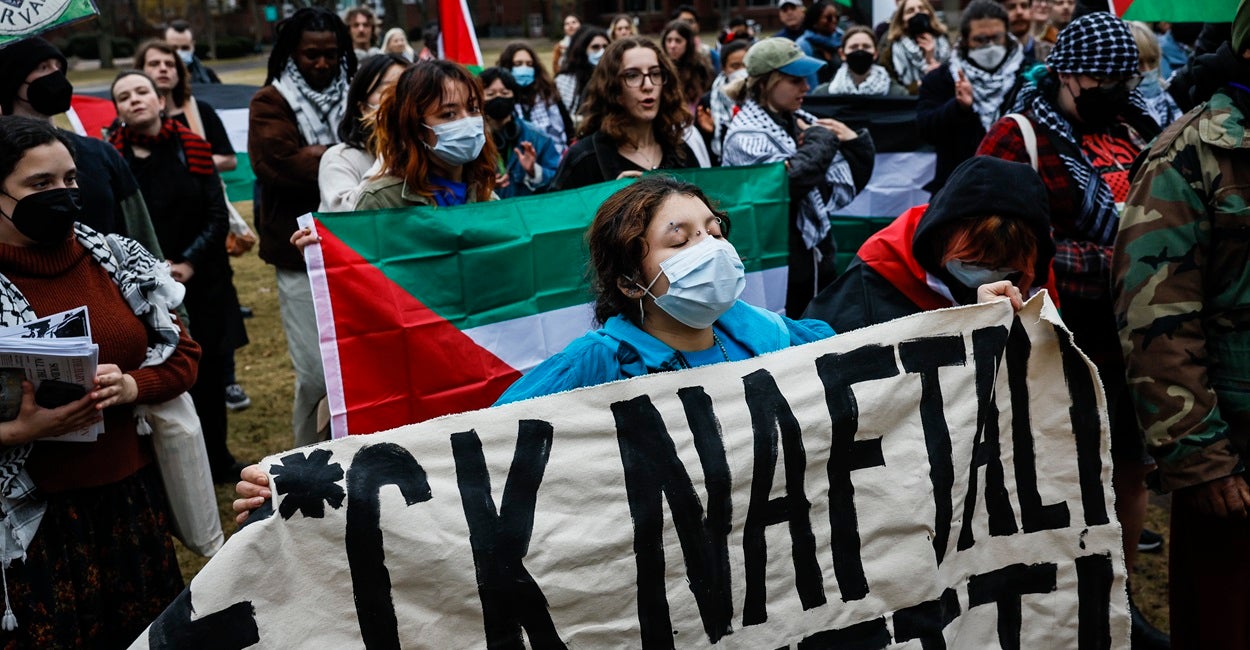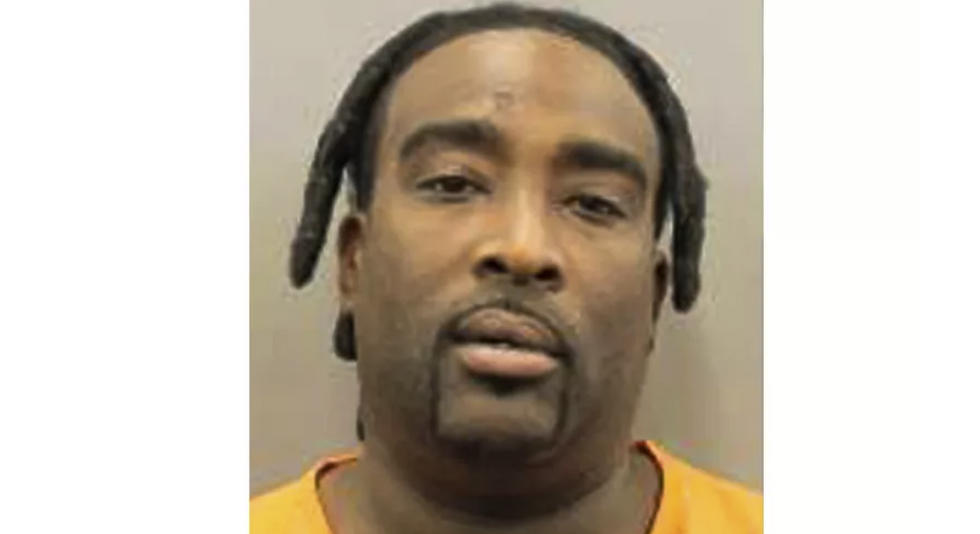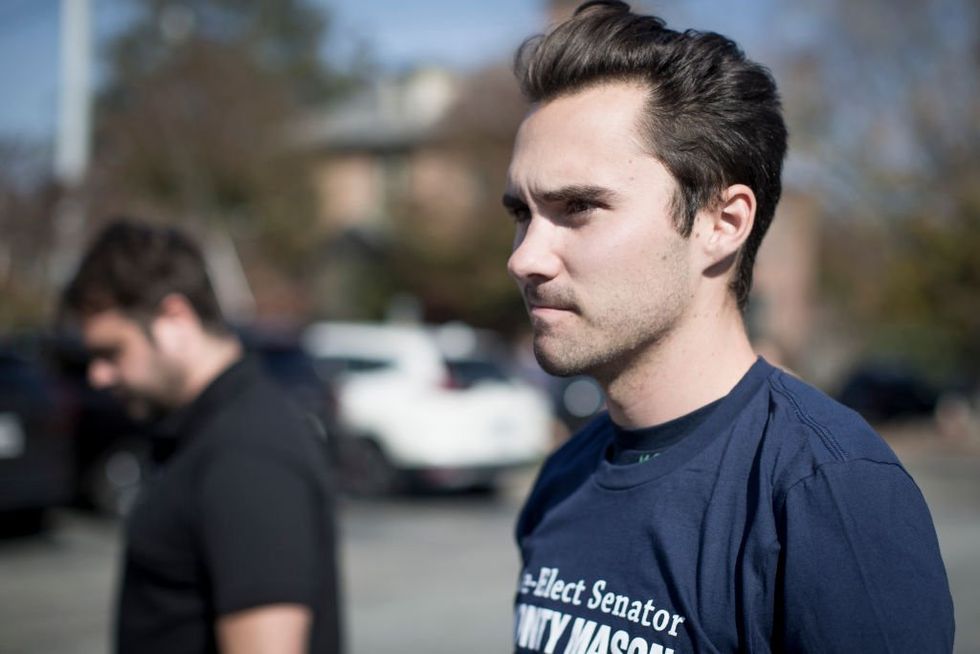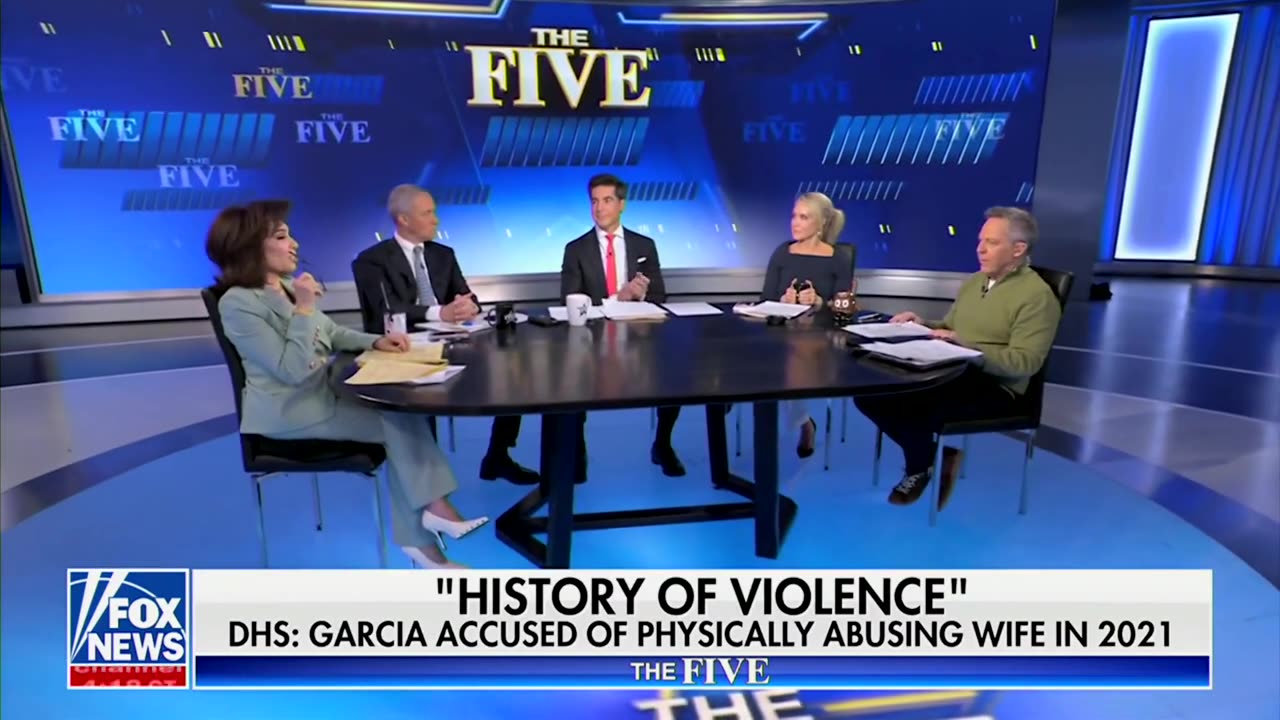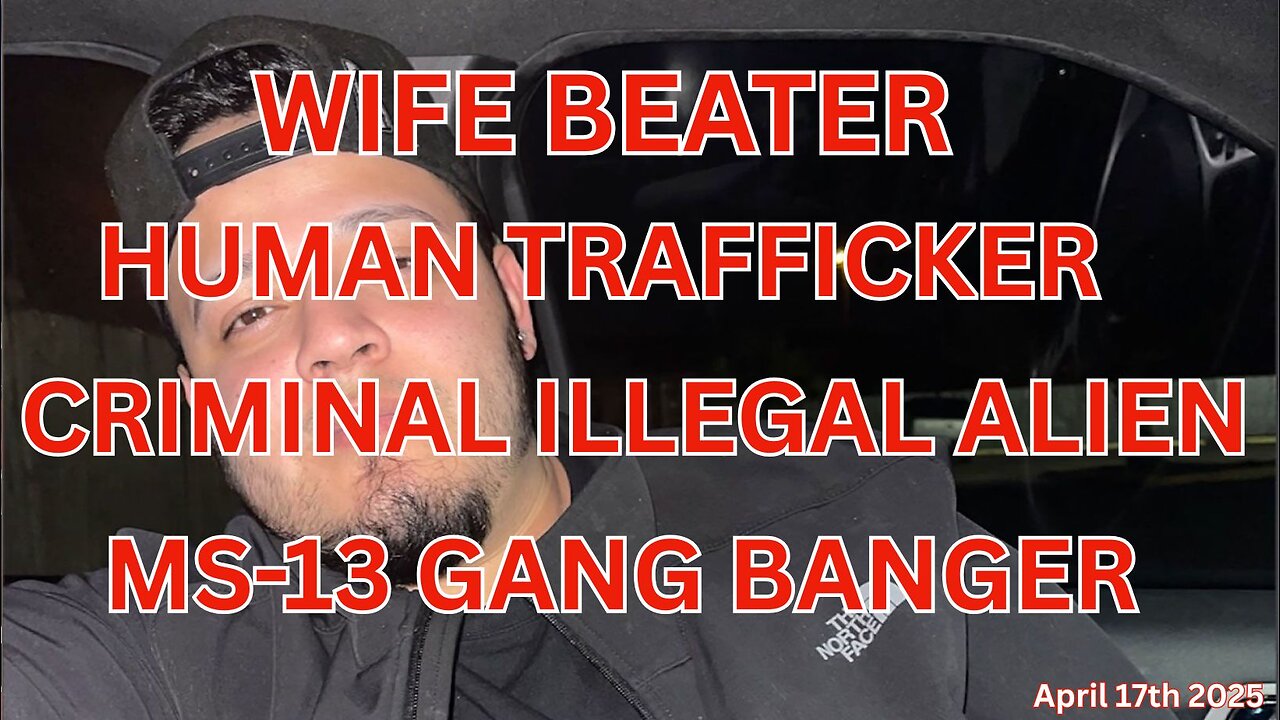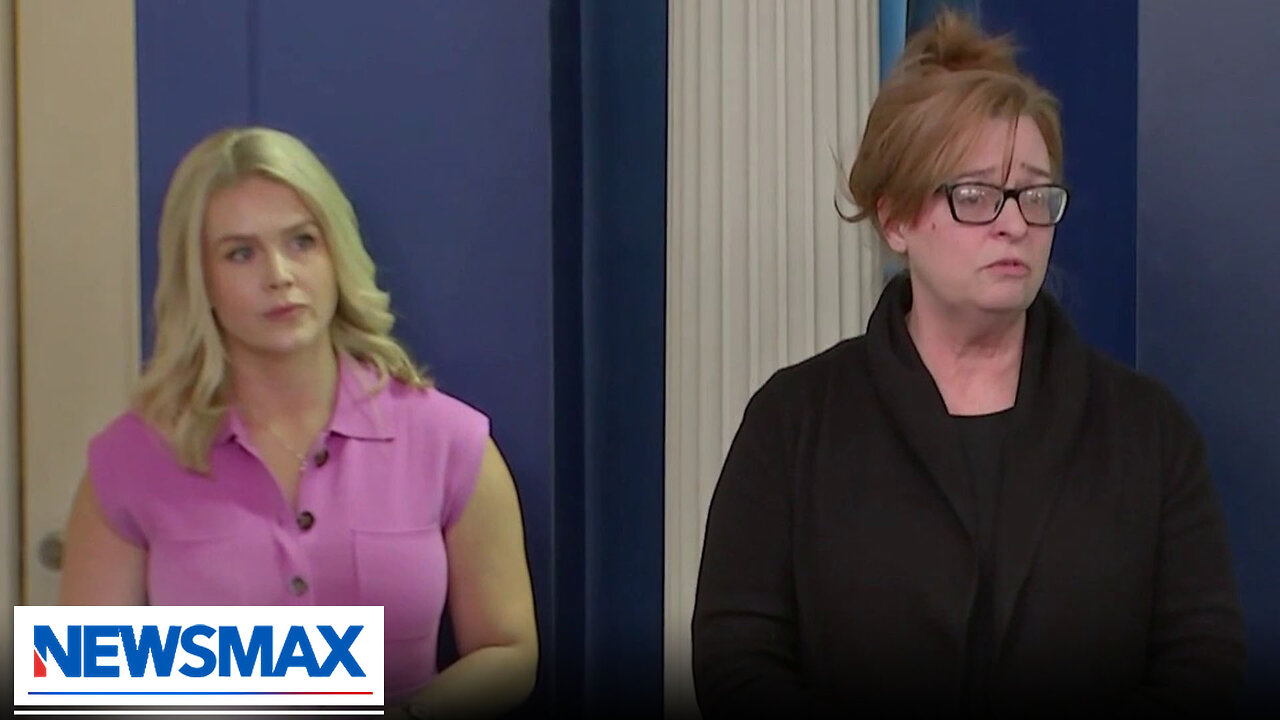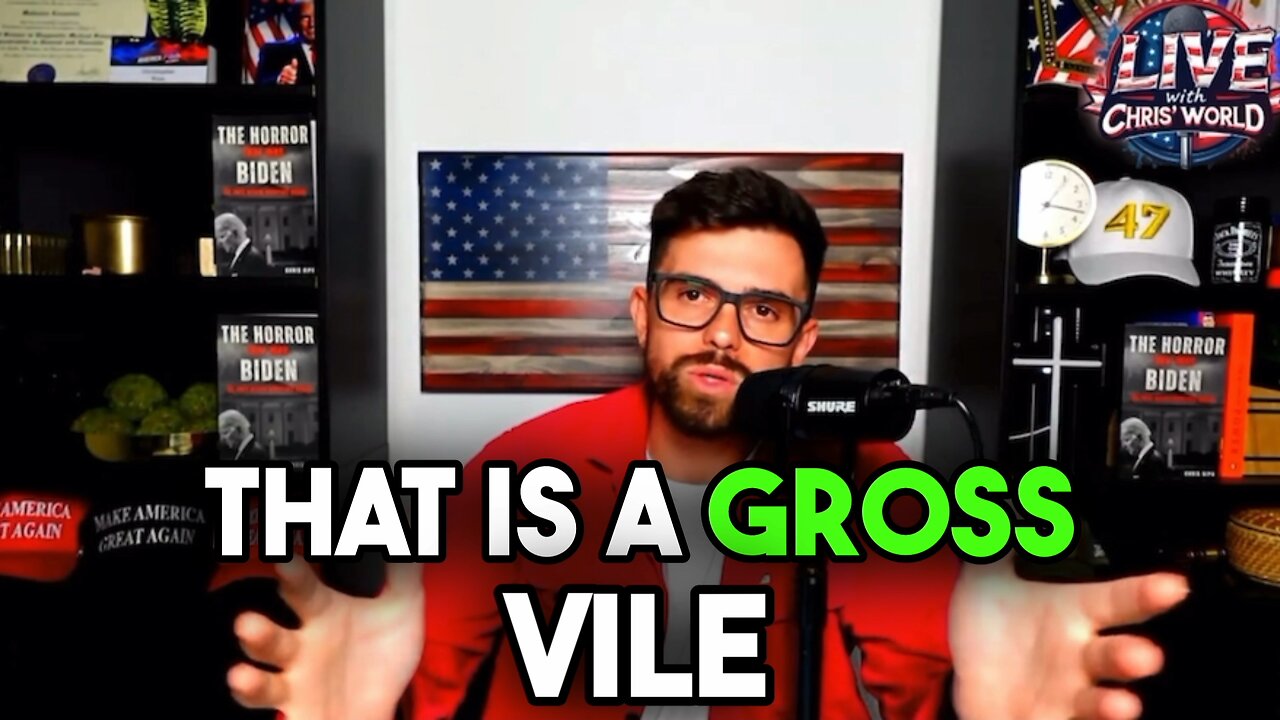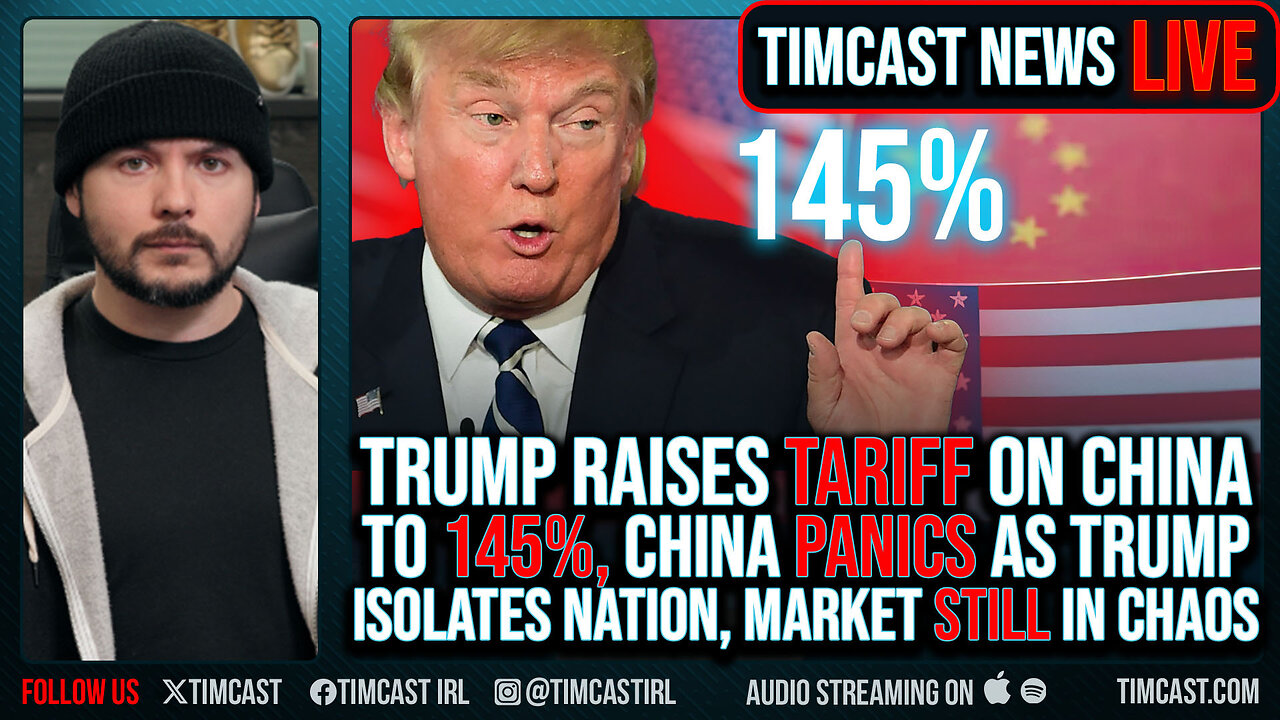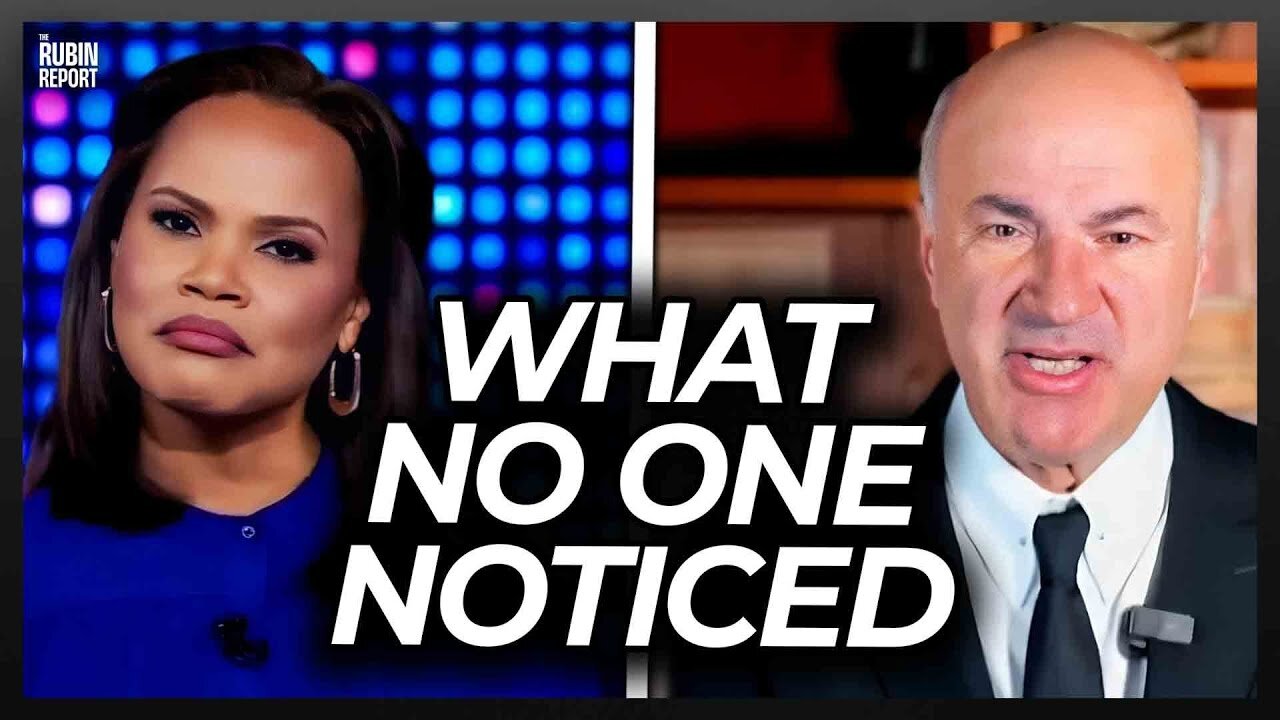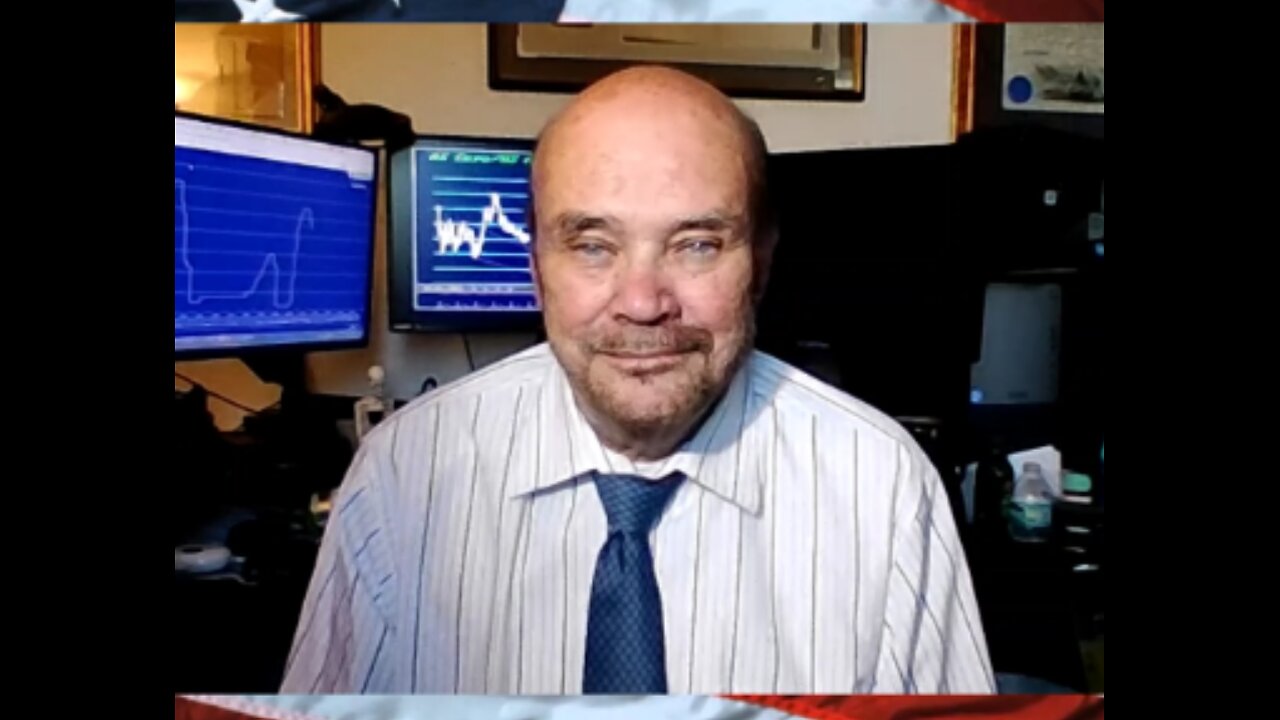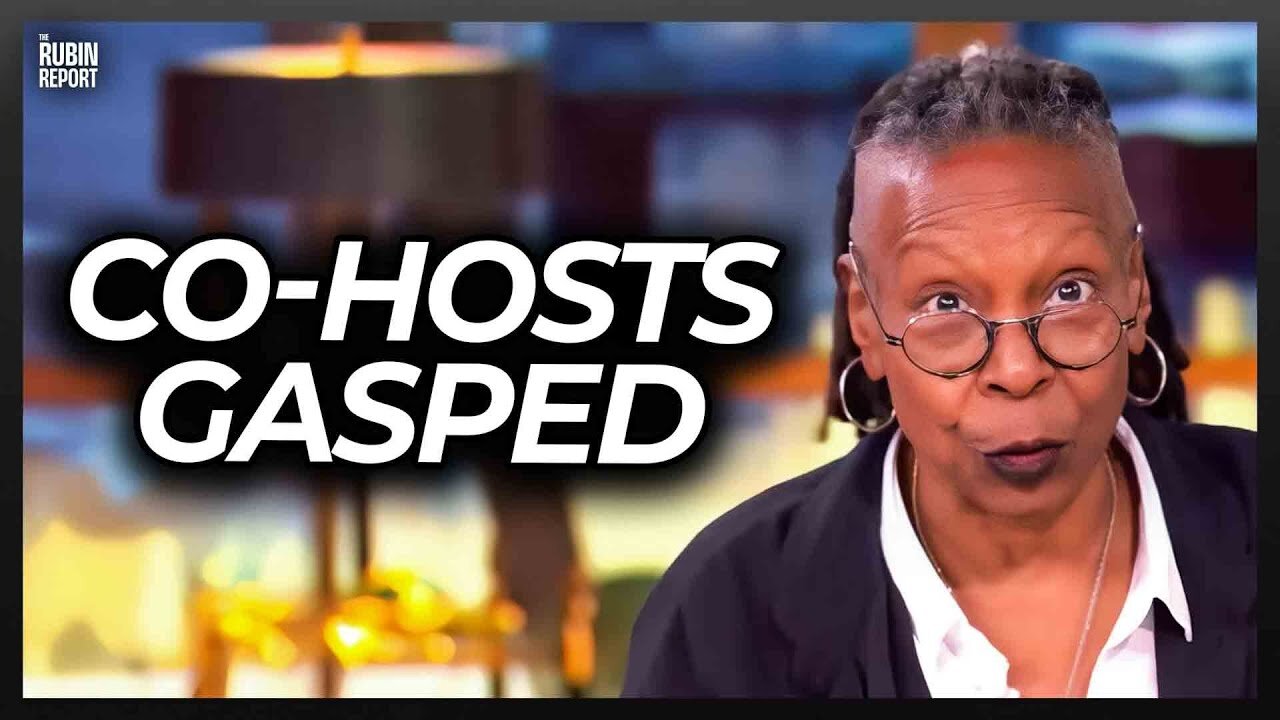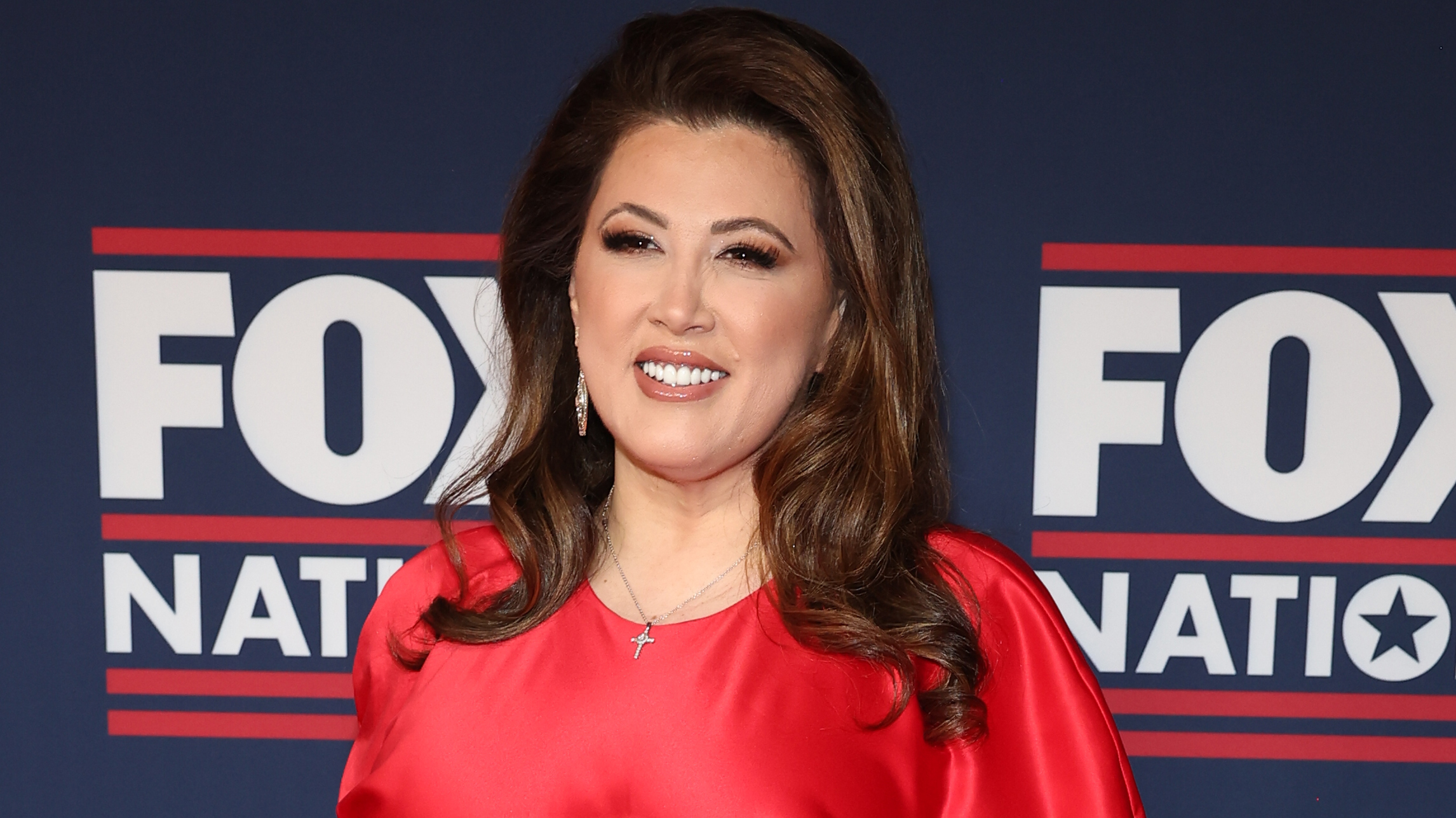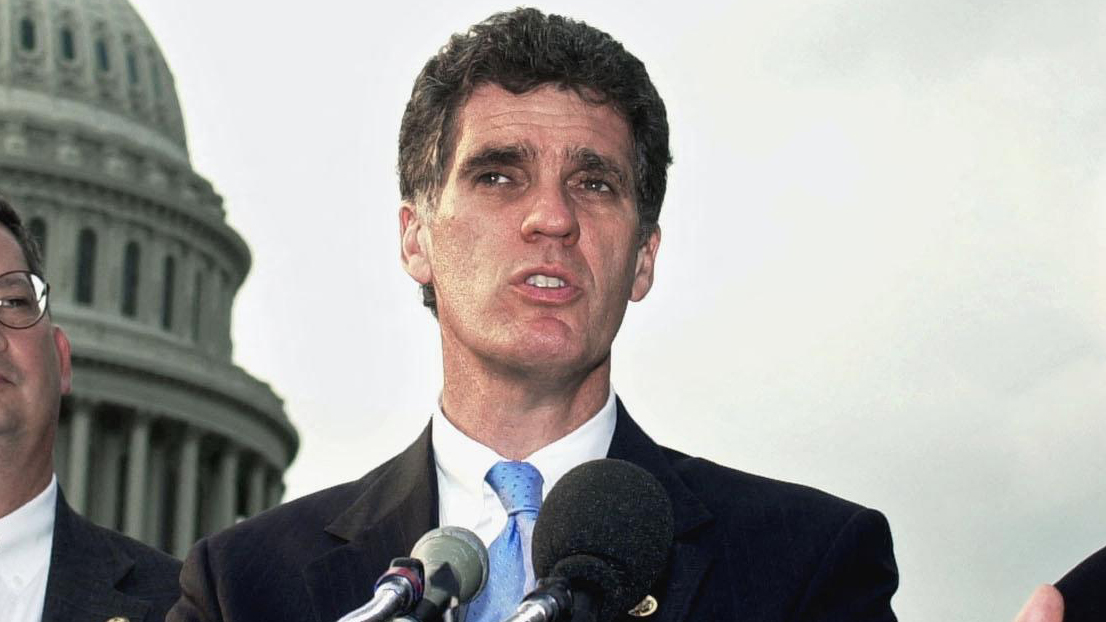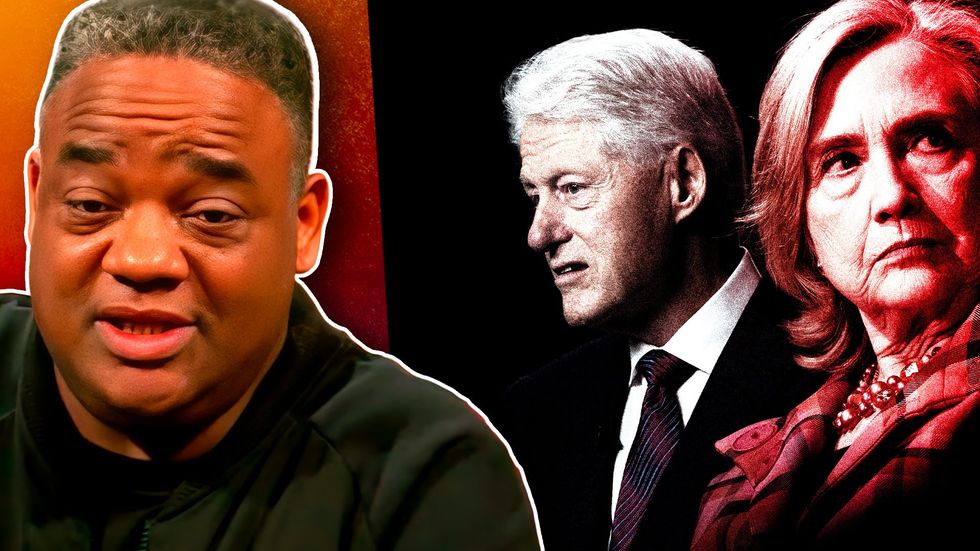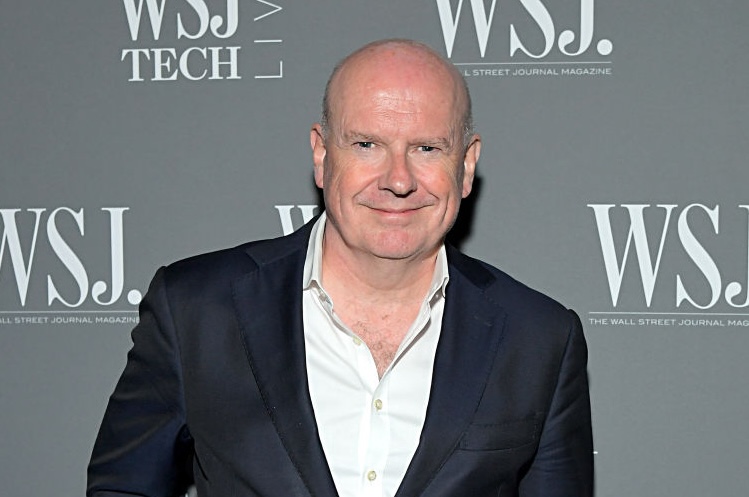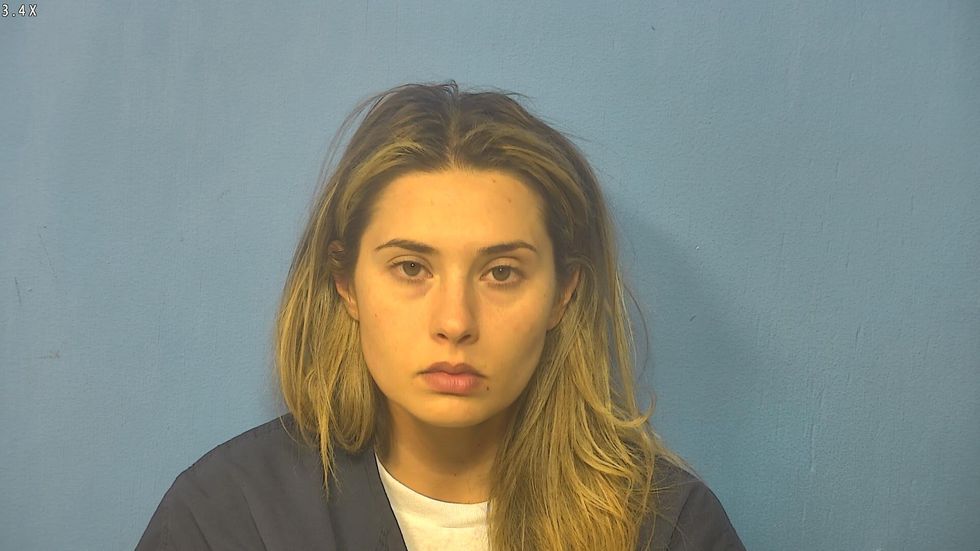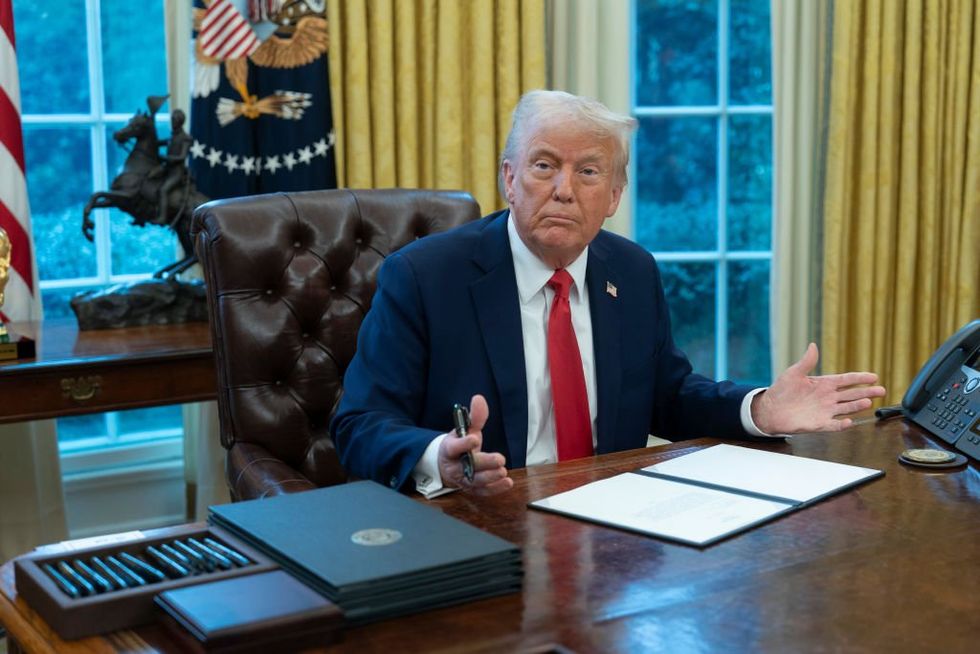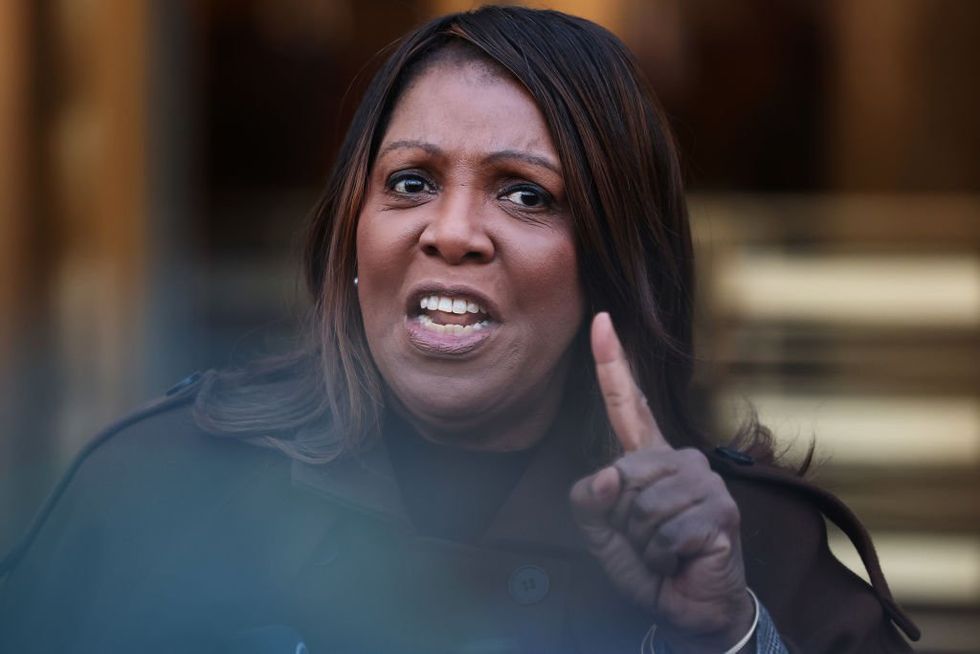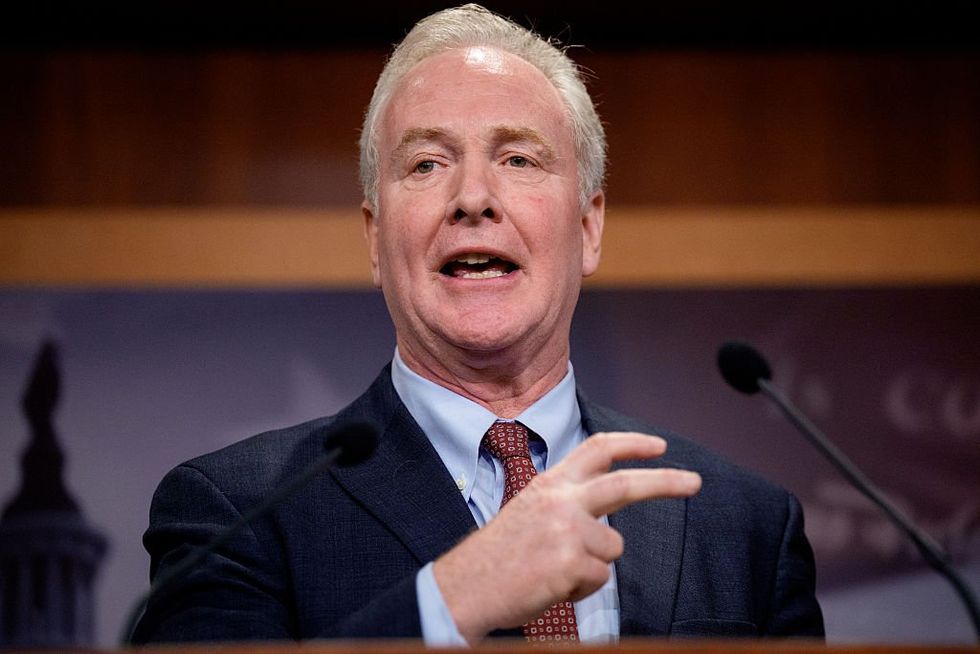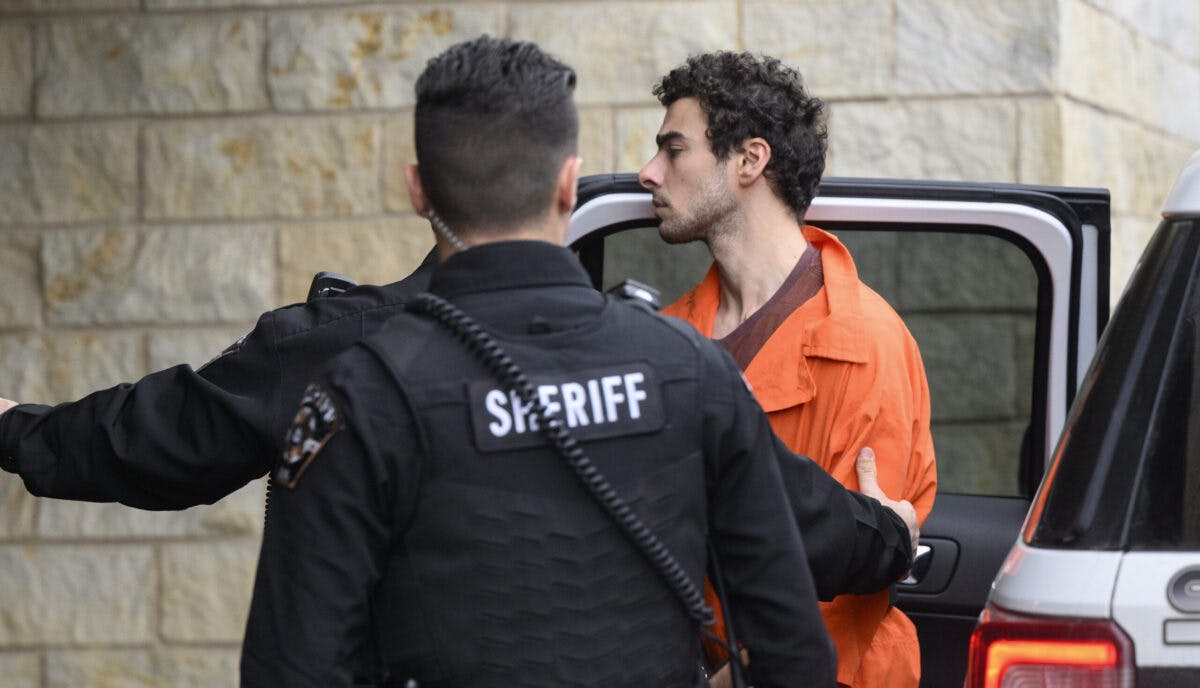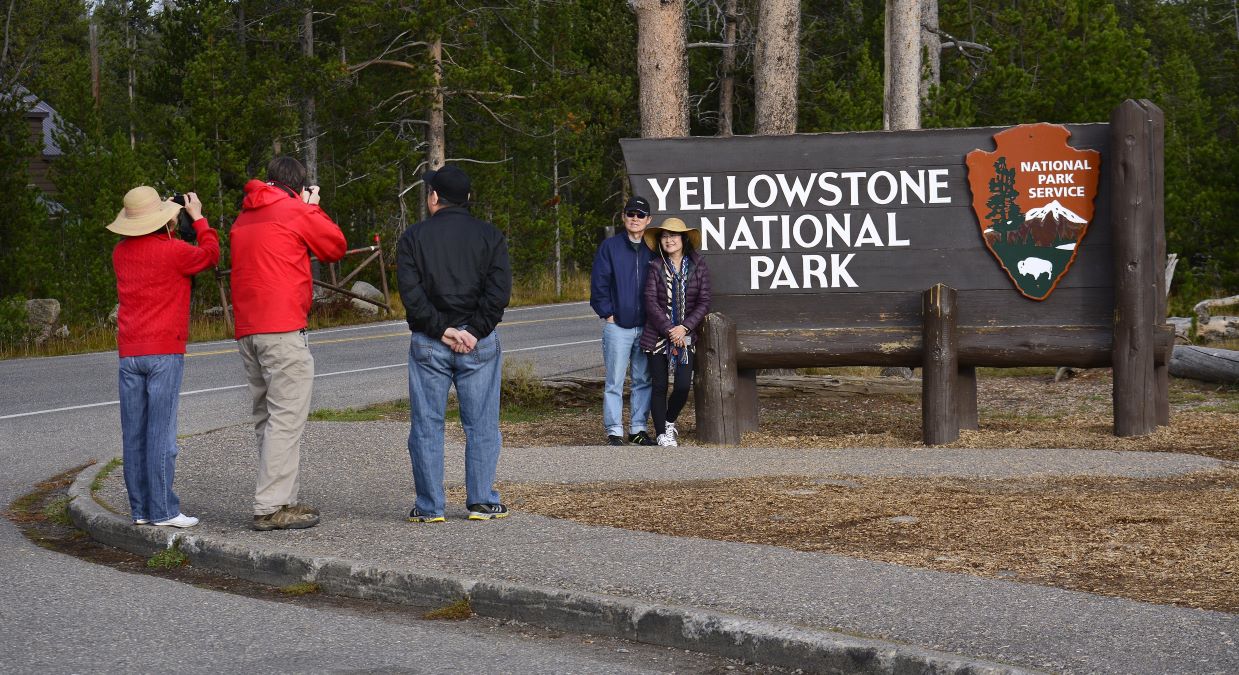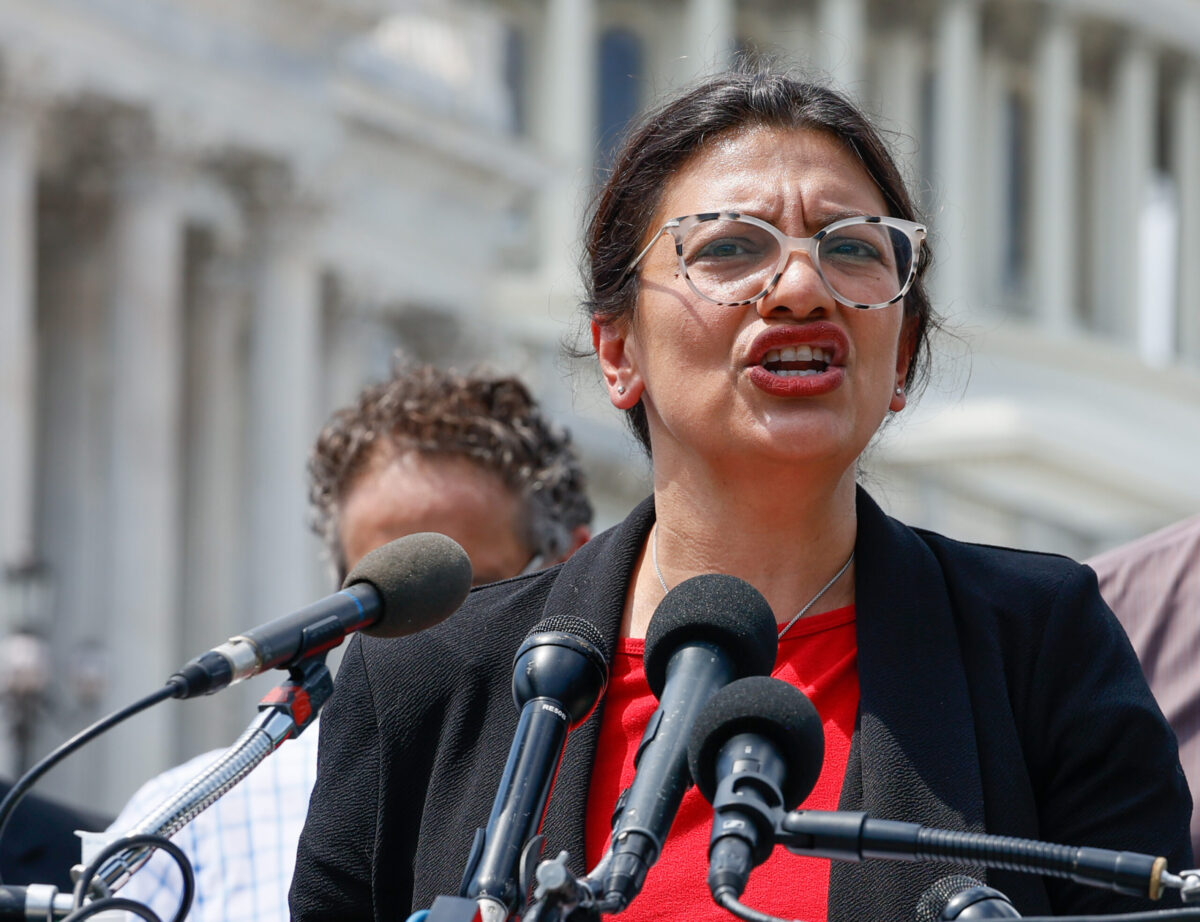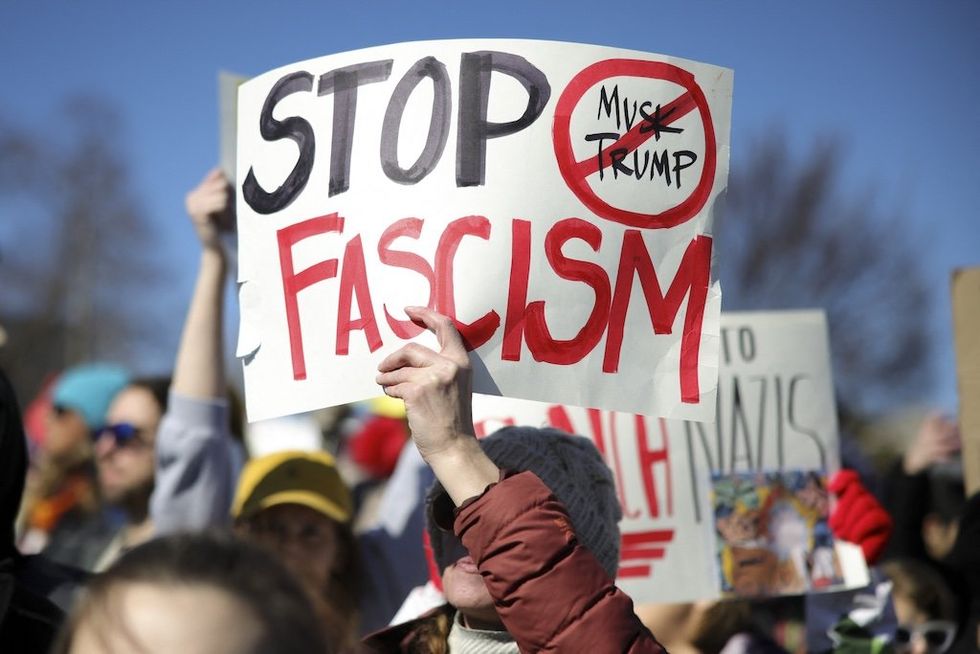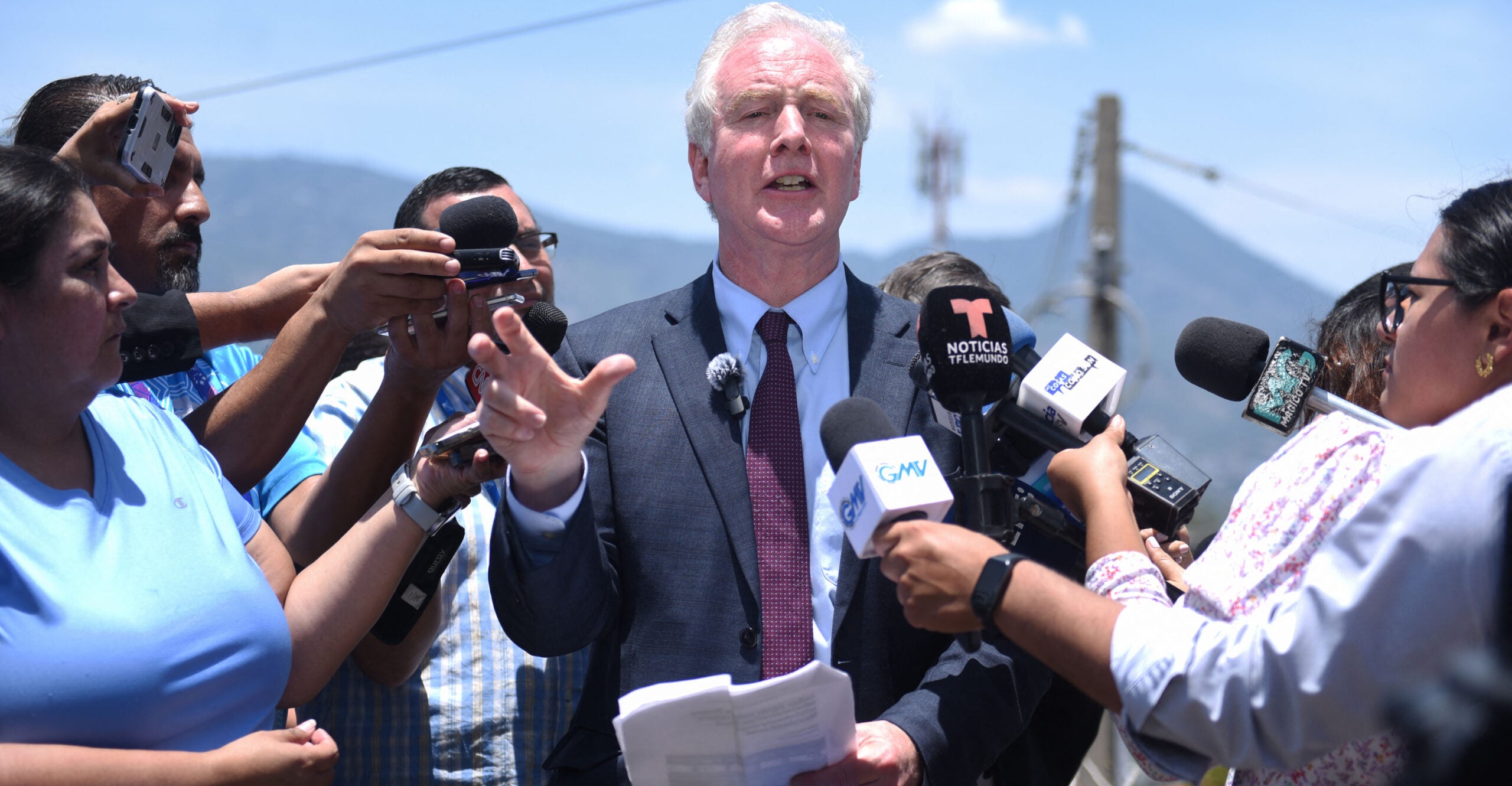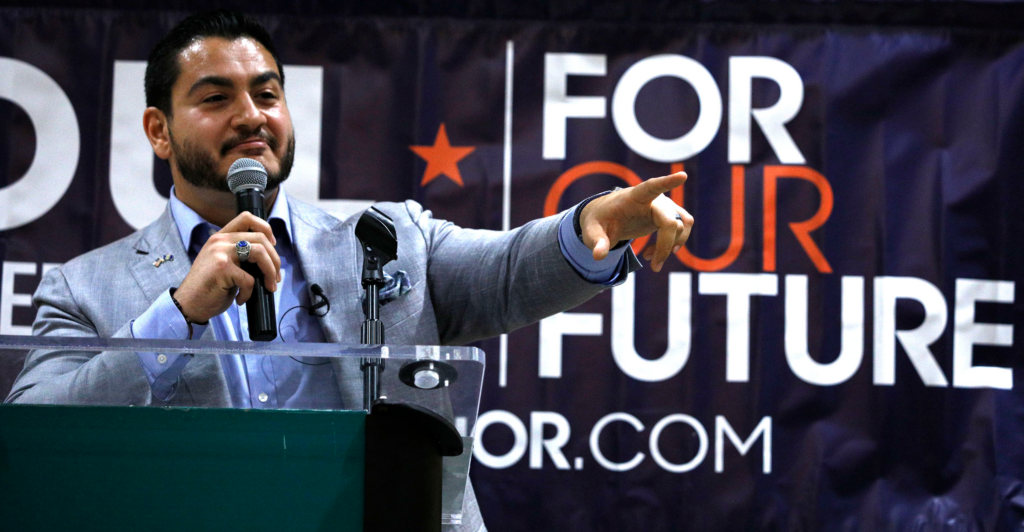Documentary 'The Philadelphia Eleven': Mythmaking for a dying Christian denomination
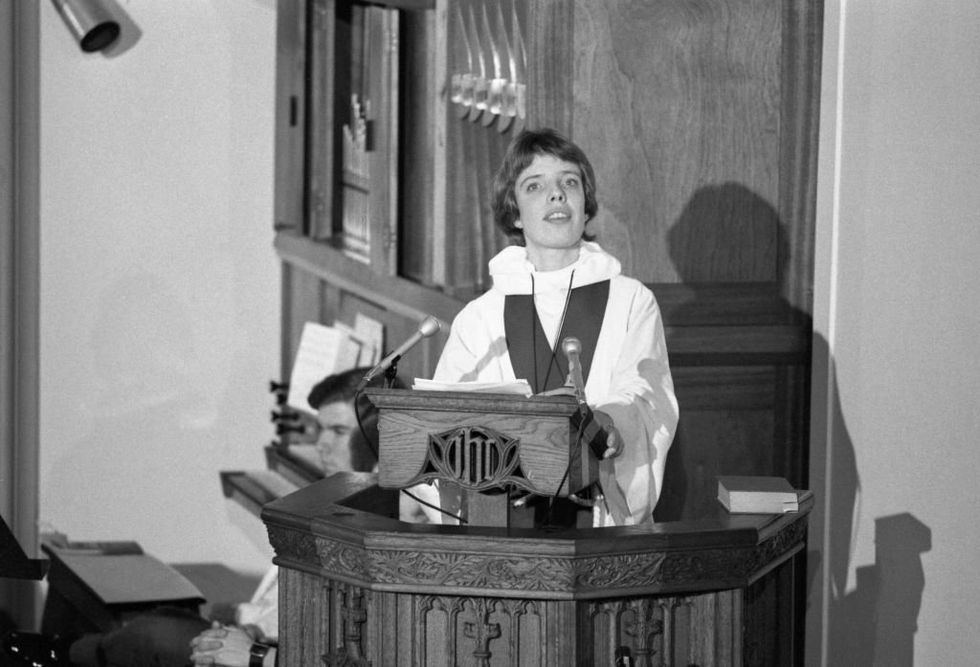

Of all the divisions troubling Protestantism today, perhaps none is as hotly debated as women’s ordination.
All seven mainline Protestant denominations have adopted the practice, while evangelical and fundamentalist denominations have defiantly refused to entertain the notion on biblical grounds.
Even progressives in the church were apprehensive about this direct assault on the 'patriarchal' status quo, fearing that it would undermine the legitimacy of the church.
Scripture seems to speak quite clearly on women’s capacity for leadership in 1 Timothy 2:12. As St. Paul writes, “I do not permit a woman to teach or to assume authority over a man."
But as advocates for women’s ordination argue, female religious leaders in the New Testament like Phoebe, Priscilla, Lydia, and Mary seemed to hold positions of greater respect than St. Paul suggests. Many point out that Phoebe is described as a deacon or deaconess (diakonos) in Romans, which would suggest that there was a model of female authority within the church.
However, the Roman Catholic Church and the Eastern Orthodox Church, which claim apostolic succession and a direct ecclesiastical connection to the apostles, are defiantly against the practice and defend male-only holy orders as the orthodox teaching of the church.
On July 29, 1974, 11 female priests were ordained in the Episcopal Church. The act was largely symbolic, but real change soon followed. Those ordinations became legitimate in 1976 when the House of Bishops conditionally recognized them.
In response, hundreds of parishes broke away from the Episcopal Church as part of the Continuing Anglican movement, paving the way for the founding of the rival Anglican Church in North America in 2009. Ironically enough, that denomination is now split over women’s ordination.
Margo Guernsey’s new documentary “The Philadelphia Eleven” commemorates the 50th anniversary of this watershed moment through interviews with several of the surviving 11.
It’s clear that Guernsey sees women’s ordination as a righteous act of liberationist defiance progress; these women, she writes, “provide a vision for what a just and inclusive community looks like in practice.”
The women in the film depict their quest for greater female participation in the church as inspired by the civil rights movement. It was also an act of “obedience to the Spirit,” which took precedence over adherence to tradition.
The film admits how radical this was. Even progressives in the church were apprehensive about this direct assault on the “patriarchal” status quo, fearing that it would undermine the legitimacy of the church.
In retrospect, it’s clear that their fears were justified.
The ceremony caused extensive turmoil within the Episcopal Church. Several clergy involved had their careers severely damaged. Dozens of bishops and priests condemned the ceremony as an illegal farce, even as the women publicly defended their ordinations as valid. One quoted St. Paul during a television appearance: “There is neither Jew nor Gentile, neither slave nor free, nor is there male and female, for you are all one in Christ Jesus” (Galatians 3:28).
It did little good in the short term, as none of the woman were able to find positions. Ultimately, however, they won. By 1988, the Episcopal Church would even ordinate its first female bishop.
“Half of the human population was acknowledged as being important enough to take on one of the strongest institutions in the world,” said Philadelphia 11 member Nancy Wittig.
That’s certainly one way to look at it. Another way is to acknowledge that the institution Wittig and her cohort defeated is now but a shadow of its former self.
The Episcopal Church has continued down the path the Philadelphia 11 set it on, abandoning traditional Christian teaching on other issues like sexuality and abortion. It revised its canons to the point that bishops aren’t allowed to deny women’s ordinations.
The church now is deeply committed to social justice and tolerance, and it does much admirable work in trying to address many of the world’s wrongs. But it is also on the precipice of demographic collapse and will functionally cease to exist by 2040.
The Philadelphia 11 may have turned the tide against the patriarchy within their church and given women permission to be priests, but the resulting schism may prove too deeply wounding to celebrate their victory beyond the passing of this generation. It leaves a film like “The Philadelphia Eleven” balancing awkwardly over the abyss.
Originally Published at Daily Wire, Daily Signal, or The Blaze
What's Your Reaction?
 Like
0
Like
0
 Dislike
0
Dislike
0
 Love
0
Love
0
 Funny
0
Funny
0
 Angry
0
Angry
0
 Sad
0
Sad
0
 Wow
0
Wow
0
